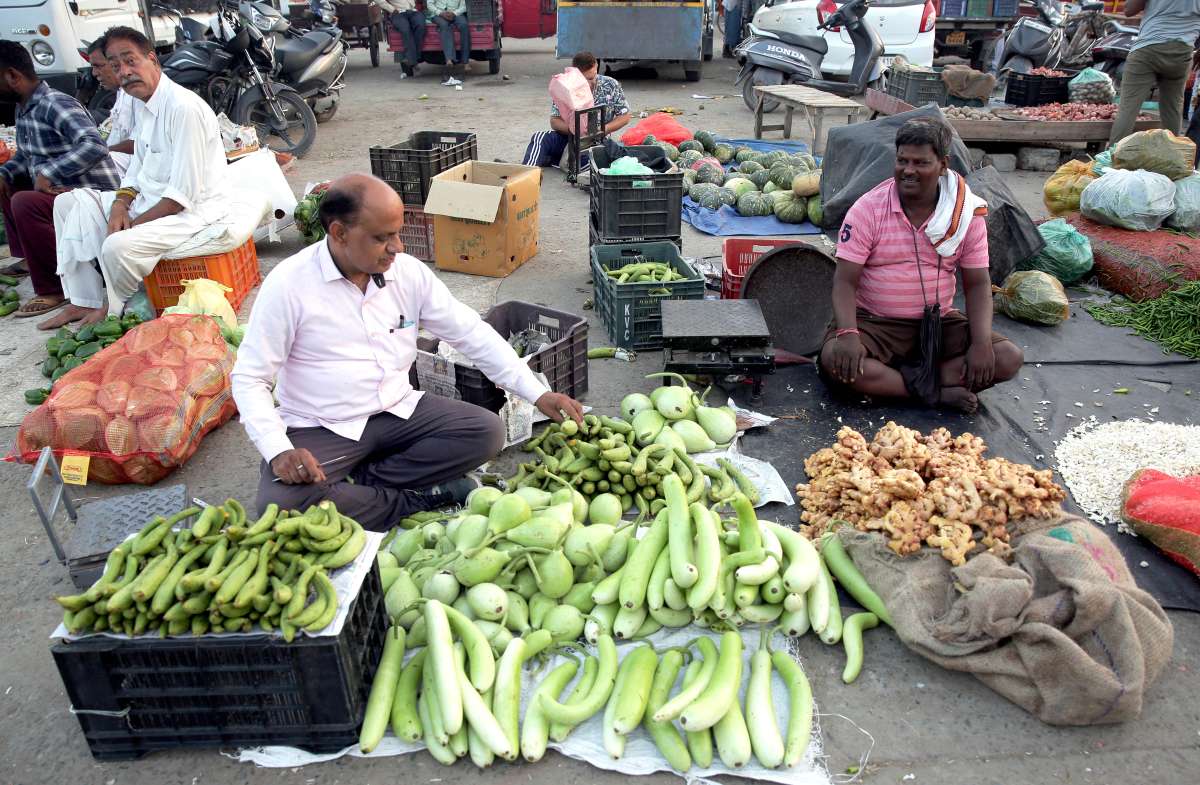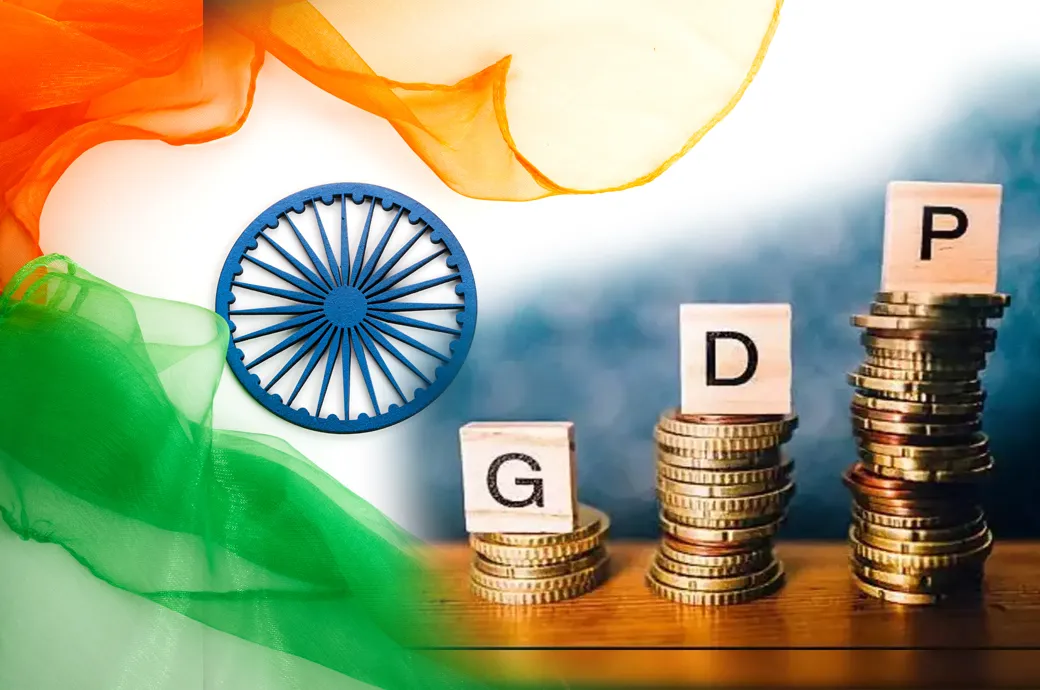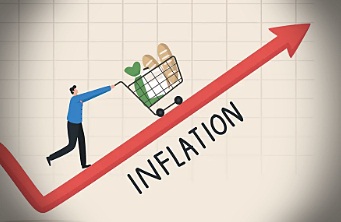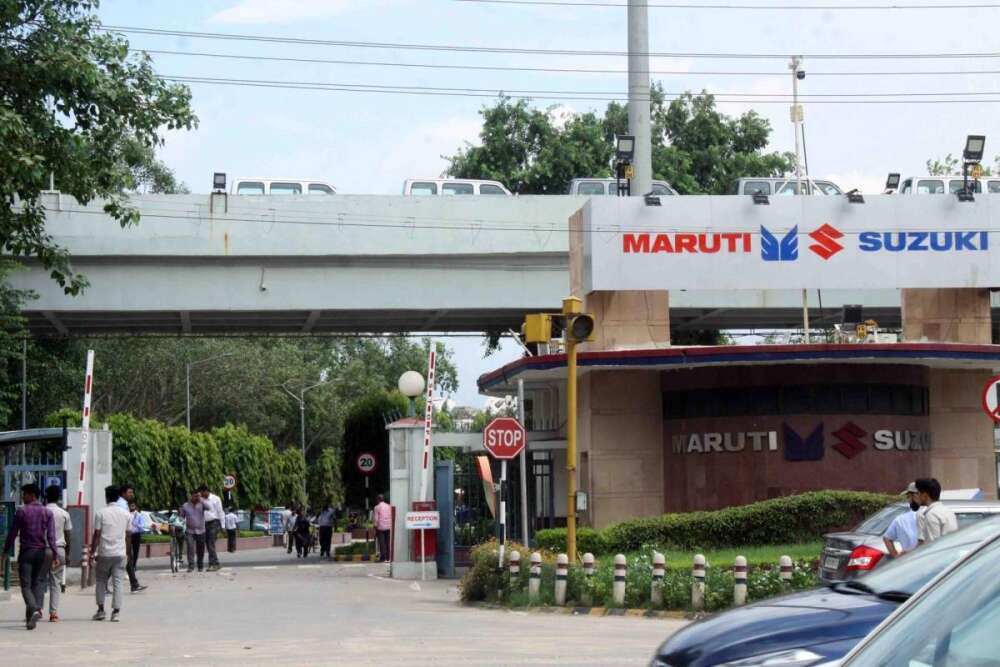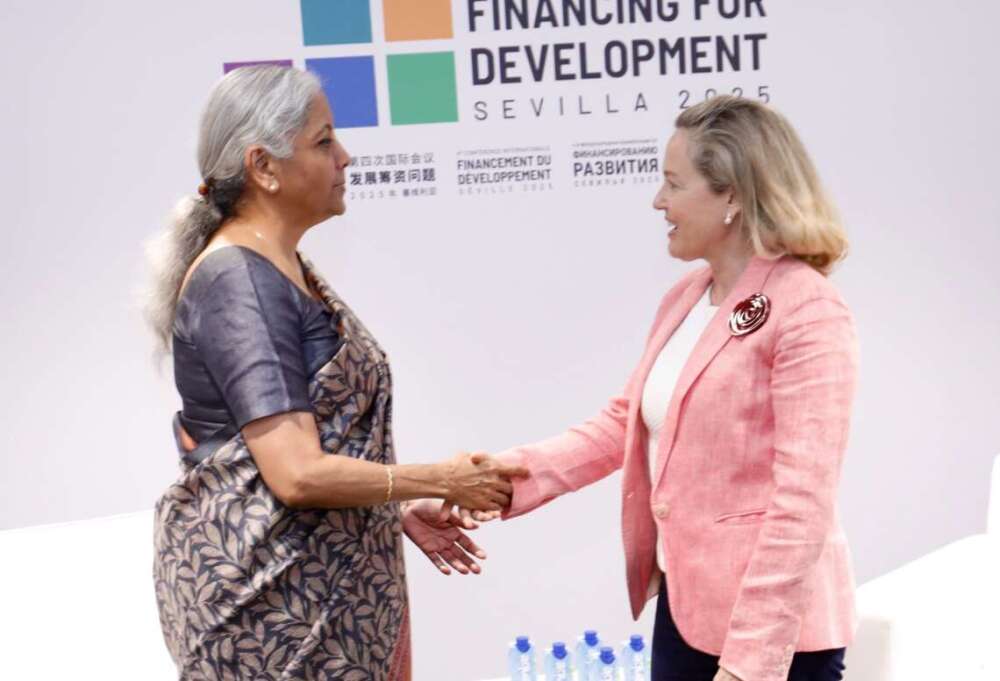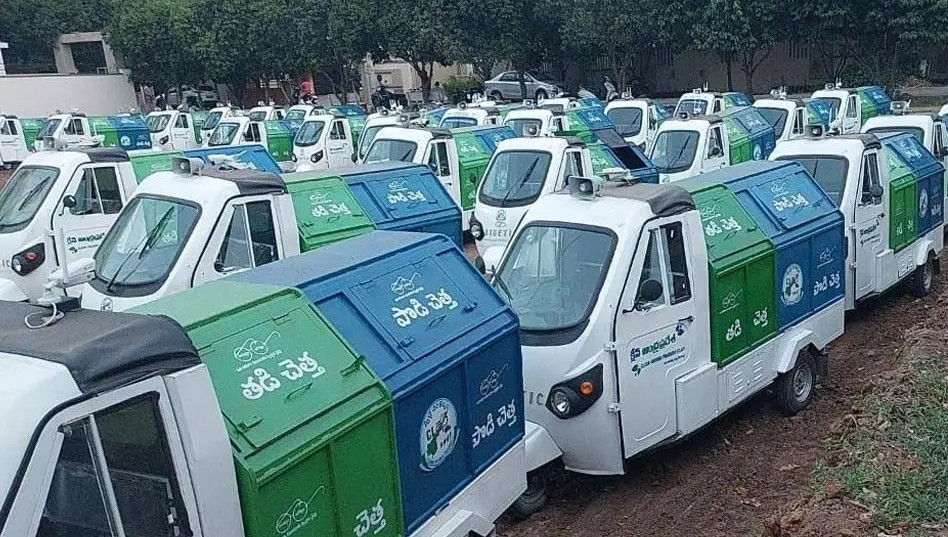Consumers cannot maintain their standard of living as inflation for their consumption basket could be higher than the interest rates that earn on their savings. Politicians could lose elections over high inflation…writes SANJEEV SHARMA
A high rate of inflation hurts the poor, hits demand for consumer goods and adversely impacts investment demand.
Sandeep Bagla, CEO, TRUST MF, said that it is widely believed that inflation rate in any economy should be stable at low levels. If rates are too high and volatile, the borrowers cost of capital goes up, making them uncompetitive in the global business arena.
Bagla said high interest rates reduce demand for houses, cars, consumer goods as high EMIs prevent consumers from buying things on loan. Investment demand is also suppressed as new business projects become unviable.
High inflation hits the poor people harder as their income is low and they are not able to afford regular consumer items. For savers, optically the interest income rise, but inflation being high, their purchasing power is adversely impacted.
Consumers cannot maintain their standard of living as inflation for their consumption basket could be higher than the interest rates that earn on their savings. Politicians could lose elections over high inflation.
“So high inflation is neither good for borrowers nor investors. Governments try to maintain low positive inflation,” he said.
In India, RBI has taken a target to maintain inflation at 4 per cent plus minus 2 per cent, i.e., in a range of 2 per cent to 6 per cent.
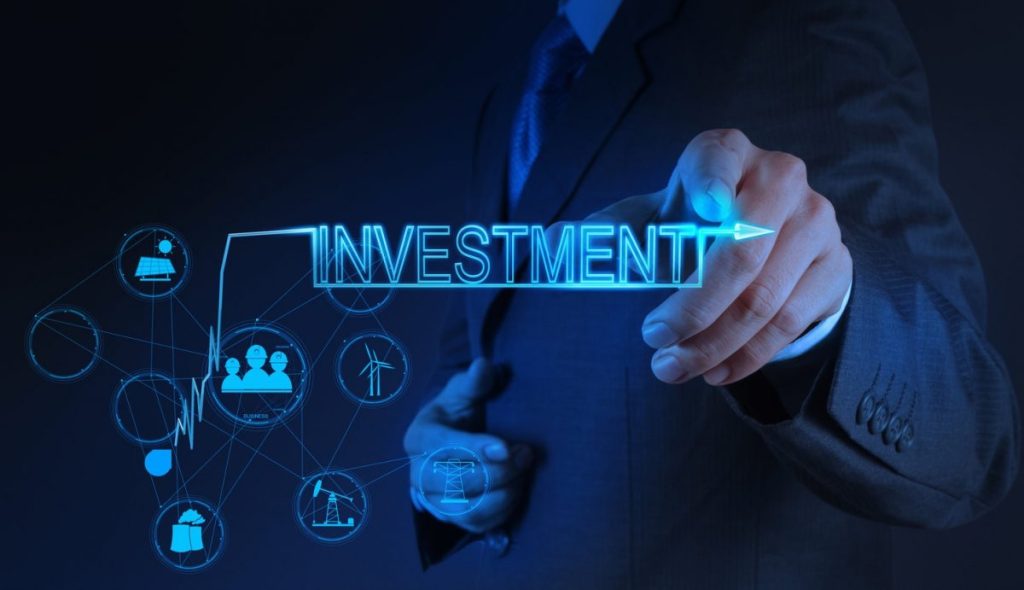
Inflation also reduces the effective value of savings.
Rachit Chawla, CEO, Finway FSC, said that inflation indicates a steady rise in the cost of living and means the value of money will decrease.
For savers, if the money is saved in cash, inflation will reduce the effective value of the saving as it will account to lesser quantity of goods. Also, during inflation, if an investor is saving money in the bank, the rate of interest he gets will be lower than the rate of inflation.
On the other hand, if a borrower has already owed money before the inflation, it can be beneficial for him/her, since s/he will have more money in their paycheck to pay off the debt.
Savers can stay safe from inflation as long as they are saving in an account which pays a positive real interest. Which means if the interest rate is higher than the inflation, savers would still become relatively better off. Only if someone is saving the money in cash, inflation can make him/her worse off.
Manoj Kumar Dalmia, Founder and Director, Proficient Equities, said the nation is experiencing a spiralling inflation that is driving up the cost of every vital commodity consumed by the populace.
The impoverished in rural and urban areas have an extremely tough time getting by because of this tremendous price load. Increased prices for atta, vegetables, edible oils, and cooking gas result from it.
Dalmia said for savers, if inflation is 6 per cent, you will need to save an additional 6 per cent to ensure that you have enough money saved to support all of your long-term financial objectives, including your dream home, your child’s education, your retirement, and a variety of other things.
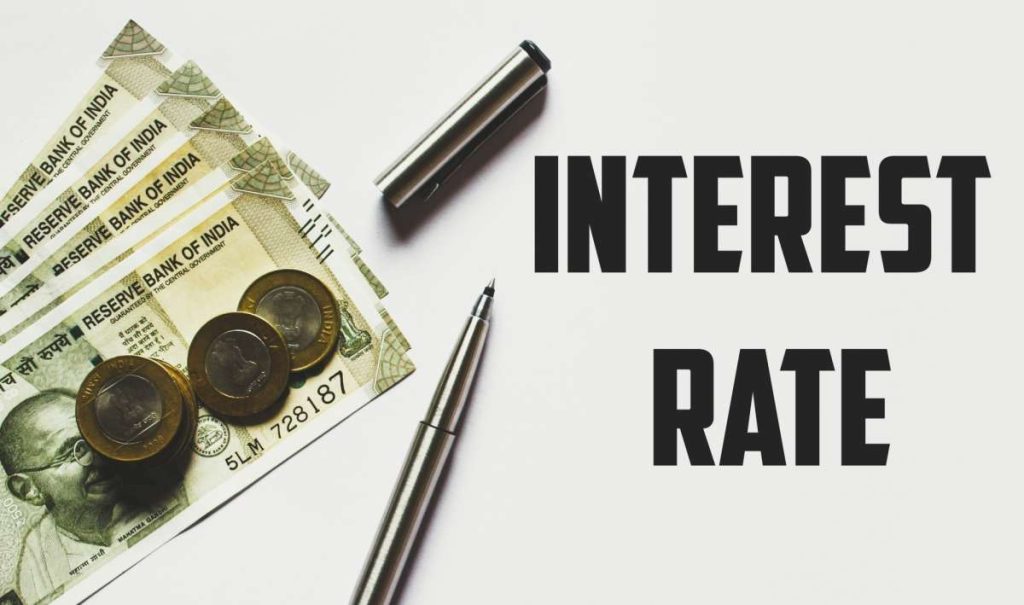
For borrowers, if you take out a loan during an inflationary period, you will pay a higher interest rate. Because the cost of items will be greater, you will probably need to qualify for a larger loan amount for loans like a vehicle loan or mortgage, Dalmia said.
Vishal Chandiramani, Managing Partner – Products & COO, TrustPlutus Wealth, said while a moderate level of inflation is welcome in a growing economy, persistently high levels of inflation result in negative real returns for savers if the underlying investments do not generate returns higher than the rate of inflation.
As a result, savers may need to dip into the capital itself to meet their daily expenses. In the case of borrowers, high levels of inflation will lead to high interest rates and a result increased interest expenses on their borrowings.


